The Truth about Melatonin Gummies for Children
As sleep consultants and caregivers, one of the most common questions we hear from parents is:
"Should I give my child melatonin to help them sleep?"
With the rise of over-the-counter melatonin gummies for kids—often in cheerful packaging and sweetened like candy—it’s easy to see why many parents assume these supplements are a safe, quick fix for bedtime struggles. But the truth is more complex, and as advocates for healthy, developmentally appropriate sleep, we want to help you make informed choices.
What Is Melatonin?
Melatonin is a hormone naturally produced by the brain in response to darkness. It plays a key role in regulating the sleep-wake cycle, signaling the body that it’s time to wind down. In supplement form, synthetic melatonin is often used to treat jet lag, shift work sleep disorder, or short-term sleep issues.
Why Parents Turn to Melatonin for Kids
For exhausted parents desperate for rest, melatonin gummies can seem like a miracle solution. The marketing language—“gentle,” “natural,” “non-habit forming”—suggests safety and ease. Some families report success, especially for children with ADHD or autism spectrum disorder, where melatonin may be clinically recommended under medical supervision.
But here’s the catch…
Melatonin Isn’t Candy—And It’s Not a Cure
Despite how they’re packaged, melatonin supplements are not regulated like medications. In fact, studies have found that the actual melatonin content in gummies can vary widely from what’s listed on the label—sometimes by over 400%. That lack of consistency makes it hard to dose safely, especially for young children.
Even more importantly: melatonin doesn’t fix the root of sleep problems.
Most sleep challenges in children are behavioral or developmental—not hormonal. That means melatonin may get a child to sleep faster, but it won’t keep them asleep or address the underlying cause of disrupted sleep. Over-reliance on supplements can also prevent families from building healthy, long-term sleep habits.
What Experts Say
Pediatricians and sleep specialists generally advise against long-term use of melatonin in young children, unless recommended for specific medical reasons. The American Academy of Sleep Medicine does not endorse melatonin as a routine sleep aid for otherwise healthy children.
Potential side effects include:
Morning drowsiness
Headaches
Mood changes
Hormonal interference (especially concerning for children going through puberty)
So, What Should You Do Instead?
If your child struggles with sleep, there are safer, more sustainable solutions:
Establish a consistent bedtime routine that includes calming, screen-free wind-down time.
Address underlying behavioral or emotional factors—fear of the dark, separation anxiety, overtiredness, or lack of structure.
Optimize the sleep environment (cool, dark, quiet, and free from distractions).
Seek support from a qualified sleep consultant who can help you build a plan tailored to your child’s age, temperament, and unique needs.
As doulas and sleep educators, our goal isn’t just to help your child fall asleep tonight—we want to help your whole family thrive for the long run.
Final Thoughts
Melatonin gummies may offer temporary relief, but they are not a magic fix. Understanding the root of your child’s sleep challenges—and addressing them with evidence-based strategies—is the key to lasting change.
If you're feeling stuck or overwhelmed, you don’t have to figure it out alone. At Sleep Child O’ Mine, we offer personalized support for families navigating sleep struggles with babies, toddlers, and children. Let’s work together to build healthy habits that last a lifetime.


